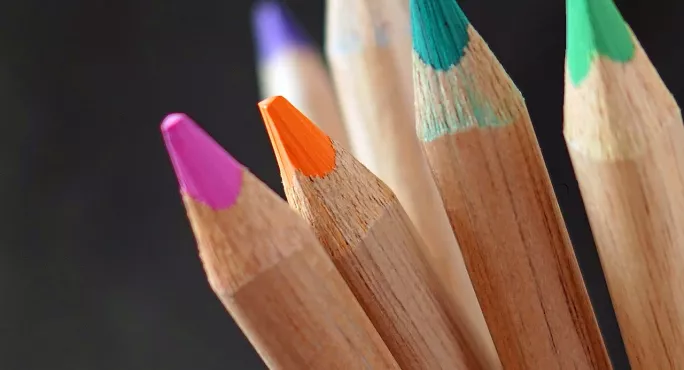This term has brought some unwelcome reminders that there is still a battle to be fought – and won – in defence of the arts. It seems that the role that the arts play in improving our manufacturing, construction and engineering industries – and their importance in developing our communication skills, our emotional intelligence and our appetite for life – is often forgotten.
At the start of this academic year, the government made two welcome announcements about funding for sixth-form students. First, it raised the rate, the funding unit per student. Not as much as was needed to address schools’ and colleges’ needs in full, but certainly enough to make a difference.
Second, it agreed to provide additional funding for some subjects on the timetable: specifically, those that are "high cost" – more expensive to deliver (because they are resource-intensive, or delivered in smaller classes, for example) and those that are "high value" – likely to make a significant contribution to the economy in the future (unsurprisingly, mostly Stem subjects).
Opinion: 'We must listen to pupils about arts education'
More: It's our responsibility to keep the creative arts alive
Podcast: The importance of arts and culture education
So, smaller classes in "minority" subjects that previously may have been deemed unviable may now run after all. The lab technician may be retained, the broken Erlenmeyer flasks can be replaced, the industry-standard lathe can be bought.
But what of the art technician, the pottery kiln, the lighting-rig and the dance class? What of the Duke of Edinburgh award, the EPQ and the music concert? The arts in education have long felt overlooked, neglected, sidelined. The English Baccalaureate (EBacc), hypothecated funding streams, teacher bursaries and the Russell Group’s language of facilitating subjects (which have now been abandoned) have conspired to relegate the position of arts in our schooling.
Pisa and creativity
This month, Pisa published its findings from the 2018 tests, with their focus on maths, science and reading – but with optional extra tests, such as creative thinking, available.
It is not altogether surprising that the UK chose to opt out of the Pisa creative thinking tests. When we talk about the skills gap and the need to close it, we are not usually thinking about the need for more creativity. We are more often talking about digital, manual and technical skills. But the irony is that the importance of creativity is, of course, not limited to art, music and drama, it is also highly-prized in science, technology and engineering.
At the Mercers’ inaugural annual lecture this month, Professor Bill Lucas, director of the Centre for Real-World Learning at the University of Winchester and one of the co-authors of the Durham Commission on Creativity and Education, reminded an audience made up of senior figures from the worlds of business and education of the need for creative thinking and creative activity. Professor Roger Kneebone teaches young doctors looking to become surgeons at Imperial College. In addition to advanced medical sciences, all his students have to study lace-making, dance, tailoring and other crafts in response to the need for them to develop their manual dexterity and their creative problem-solving.
Alexandra Palace, home of a creative engineering revolution in the pioneering age of television, is also the host of the National Art Exhibition for sixth-form college students. The exhibition advances the arts in education and stimulates our thinking, it recognises and celebrates excellence, and it promotes a vital supply pipeline of talented artists of the future.
It is imperative that we keep the arts in education secure and flourishing. If young people are to make a truly valuable contribution to society, even if they are to be successful scientists, engineers, doctors and technicians, they need to develop their creative skills, their artistic sensitivities and their ability to interact with others.
Bill Watkin is chief executive of the Sixth Form Colleges Association





